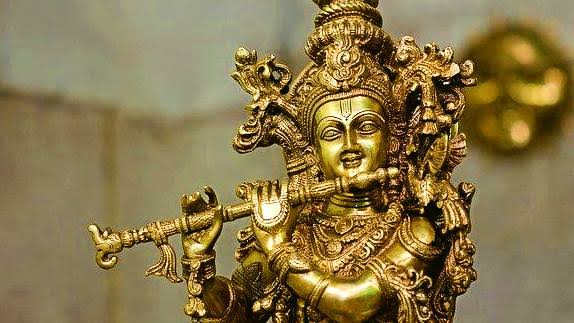
Understanding What is Worshiped: A Deeper Perspective
In today's fast-paced world, where technology and materialistic pursuits dominate our lives, it becomes crucial to take a step back and reflect on the fundamental aspects that shape our existence. One such aspect is worship. Worship, in its various forms, has been an integral part of human civilization since time immemorial. It holds profound significance in numerous cultures and religions across the globe, serving as a means to connect with the divine and explore the depths of spirituality.
Defining Worship: An Exploration of Meaning
Worship, at its core, can be understood as an expression of reverence, devotion, and adoration towards a higher power or an entity that holds paramount importance in one's beliefs. It is a deeply personal act, embodying the desire to establish a connection beyond the mundane and tap into the realms of the sacred. Worship can take on diverse forms, ranging from ritualistic practices to heartfelt prayers, from majestic ceremonies to quiet contemplation. It is an individual's way of acknowledging the transcendental and seeking solace, guidance, and enlightenment.
The Perspective of Great Personalities: Insights on Worship
Great personalities throughout history have shared their thoughts and insights on the concept of worship, offering profound wisdom and perspectives. Let's delve into the words of some of these remarkable individuals:
Mahatma Gandhi, the iconic leader of India's independence movement, emphasized the importance of worship as an inner experience. He believed that true worship transcends rituals and external manifestations, stating, "Worship is not about outward rituals alone; it is about the purity of heart and the nobility of actions."
Rumi, the renowned Persian poet and mystic, contemplated the essence of worship in his spiritual poetry. He described worship as a transformative journey, stating, "Worship is the art of losing oneself in the divine presence. It is the dance of the soul, merging with the eternal rhythm of the universe."
Swami Vivekananda, the influential Indian philosopher and spiritual leader, emphasized the universality of worship. He said, "Each soul is potentially divine. The goal is to manifest this divinity within by controlling nature, external and internal. Do this either by work or worship or psychic control or philosophy—by one or more or all of these—and be free."
Exploring the Significance of Worship
Worship, irrespective of religious affiliations or cultural backgrounds, serves various purposes in human lives. Here are a few significant aspects:
Spiritual Connection: Worship enables individuals to forge a deeper connection with the divine or their chosen object of worship. It allows them to experience a sense of communion, fostering a feeling of transcendence beyond the material world.
Guidance and Strength: Many people turn to worship as a source of guidance and strength during challenging times. It provides solace and reassurance, offering a refuge for the troubled mind and heart.
Cultivating Virtues: Worship often involves the practice of virtues such as gratitude, compassion, and humility. By engaging in acts of worship, individuals strive to nurture these qualities within themselves, leading to personal growth and character development.
Community and Unity: Worship acts as a unifying force, bringing individuals together in shared beliefs and values. It creates a sense of belonging and fosters a supportive community where people can connect, learn, and grow together.
The Power of Worship in Modern Times
In our contemporary society, where the pursuit of material wealth and worldly pleasures often takes precedence, the significance of worship should not be overlooked. It provides a channel for introspection, self-reflection, and inner transformation. By embracing the essence of worship, individuals can find solace, meaning, and purpose in their lives, transcending the superficial and connect with the profound.